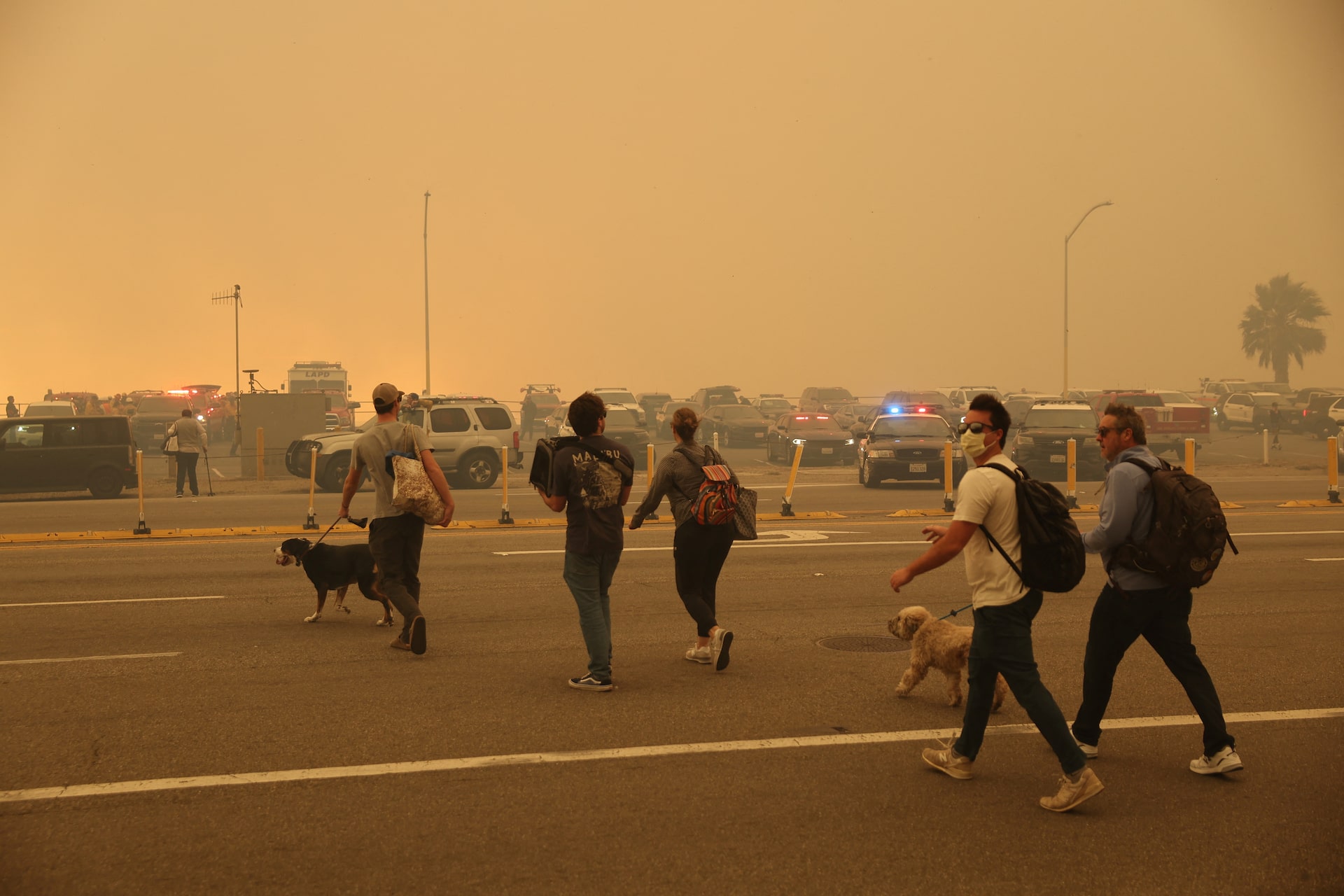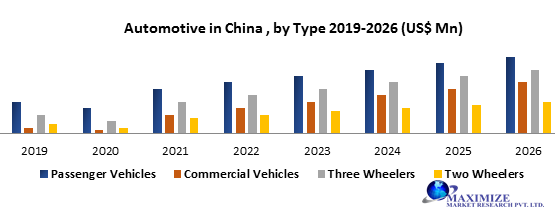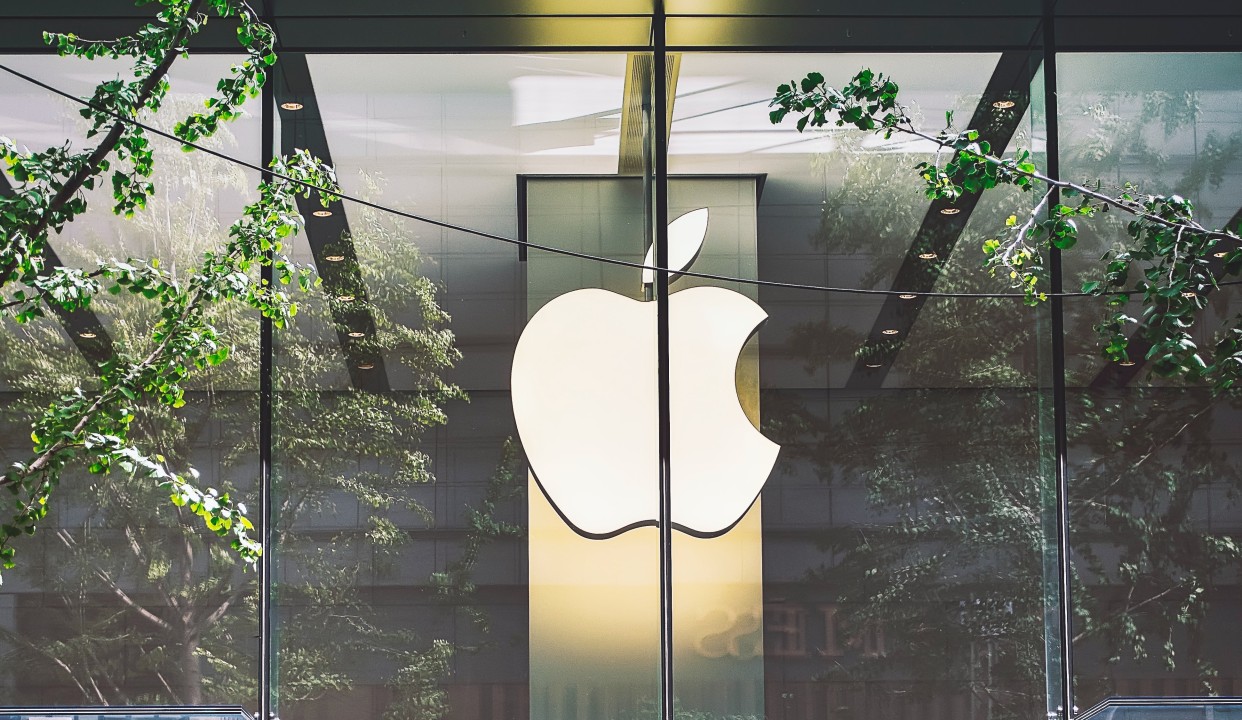LA Wildfires And The Growing Market For Disaster-Related Gambling

Table of Contents
The Appeal of Wildfire Prediction Markets
Disaster-related gambling, in the context of LA wildfires, often involves prediction markets. These markets allow individuals to wager on various aspects of a wildfire, such as its ultimate size in acres, the number of homes destroyed, or the duration of the fire's active burn. The mechanics are similar to other prediction markets; participants buy "shares" representing a particular outcome, and the value of those shares fluctuates based on real-world events.
The allure of these markets stems from several factors. For some, it's the thrill of predicting a catastrophic event, a form of high-stakes speculation. Others believe they possess superior knowledge of weather patterns, fire behavior, or risk assessment, believing they can predict outcomes more accurately than the average person. The potential for significant financial returns further incentivizes participation.
- Examples of Wildfire Prediction Markets: While openly advertised wildfire prediction markets are currently rare, the potential for such markets to emerge, particularly on unregulated online platforms, is significant. The existence of similar markets predicting other events, such as hurricane intensity, suggests this type of gambling could easily transfer to wildfires.
- Accuracy of Predictions and Manipulation: The accuracy of predictions in these markets varies wildly. The complexity of wildfire behavior, influenced by numerous factors including weather, terrain, and fuel conditions, makes precise prediction difficult. This inherent uncertainty creates the potential for manipulation, particularly if individuals with inside information or advanced data access participate.
- Role of Data and Algorithms: Sophisticated data analysis and algorithms play an increasingly important role in wildfire prediction. This data, combined with advanced modeling techniques, could potentially be used to inform (and potentially manipulate) bets in prediction markets, raising further ethical concerns.
Ethical Concerns and the Risks of Disaster Gambling
The ethical implications of profiting from natural disasters are profound. Disaster-related gambling trivializes human suffering and the significant loss incurred by victims. It raises concerns about the potential exploitation of vulnerable populations already struggling in the aftermath of a wildfire. Moreover, the psychological risks associated with gambling addiction are amplified when linked to traumatic events. The emotional distress caused by a wildfire can make individuals more susceptible to compulsive gambling, potentially exacerbating their pre-existing trauma.
- Ethical Arguments Against Disaster Gambling: Arguments against this practice center on its inherent insensitivity, the potential for exploitation, and the normalization of profiting from tragedy. Many argue that it undermines the empathy and compassion necessary for effective disaster relief.
- Potential Regulations: Effective regulation is crucial to curtail this emerging market. This might involve outright bans on disaster-related betting, stricter monitoring of online platforms, and increased penalties for those involved in manipulating market outcomes.
- Impact on Disaster Relief: Resources diverted towards gambling activities, either directly or indirectly, could detract from critical disaster relief efforts. This could include reduced funding for emergency services, reconstruction, and support for affected communities.
The Role of Social Media and Online Platforms
Social media and online platforms play a significant role in disseminating information – and misinformation – about wildfires. This environment fosters the spread of predictions, speculation, and rumors, inadvertently fueling the growth of disaster-related gambling. Influencers and online communities can significantly shape public perception and encourage participation in these markets, often without adequate consideration of the ethical implications.
- Social Media Trends: Social media trends often focus on predicting the severity or path of wildfires. These trends, while sometimes providing useful information, can easily escalate into speculation and betting.
- Spread of Misinformation: The rapid dissemination of inaccurate or misleading information about wildfires on social media further fuels speculation and can have a significant impact on market dynamics.
- Responsibility of Social Media Companies: Social media companies bear a significant responsibility in regulating this activity. This includes implementing stricter policies against promoting or facilitating disaster-related gambling and taking proactive measures to combat the spread of misinformation.
The Future of Disaster-Related Gambling and LA Wildfires
The future of disaster-related gambling, particularly in the context of LA wildfires, depends on several factors. The increasing frequency and severity of wildfires, exacerbated by climate change, are likely to fuel further growth in this market. However, growing awareness of the ethical issues involved and potential governmental regulations could significantly curtail this trend.
- Predictions for the Future: The future likely involves a combination of increased market activity alongside increased scrutiny and regulation. The development of more sophisticated prediction models could also play a crucial role in shaping the market.
- Potential Government Regulations: Governments may adopt various measures, including outright bans on disaster-related gambling or stricter regulations on online platforms hosting such activities.
- Responsible Gambling Initiatives: Promoting responsible gambling initiatives, particularly focused on the dangers of gambling addiction in the context of traumatic events, is crucial. This requires a multi-faceted approach involving public awareness campaigns, support groups, and access to mental health services.
Conclusion: Understanding the Complex Landscape of LA Wildfires and Disaster-Related Gambling
The link between the increasing frequency of devastating LA wildfires and the rise of disaster-related gambling is undeniable. This emerging market presents a complex ethical dilemma, raising serious concerns about exploitation, the trivialization of human suffering, and the potential for gambling addiction. The role of social media and online platforms in facilitating this activity further underscores the need for proactive regulation and responsible discourse.
We must engage in informed and ethical discussions about the implications of disaster-related gambling. We need to advocate for appropriate regulations to mitigate the risks and protect vulnerable communities facing the devastating consequences of wildfires. If you or someone you know is struggling with gambling addiction, particularly in relation to disaster-related events, please seek help. Remember, disaster-related gambling is ethically problematic and carries significant risks. Let's work together to address this growing concern and protect those most vulnerable to its harmful effects.

Featured Posts
-
 Ufc 315 Press Conference Belal Muhammad Shoves Jack Della Maddalena
May 11, 2025
Ufc 315 Press Conference Belal Muhammad Shoves Jack Della Maddalena
May 11, 2025 -
 Bmw And Porsches China Challenges A Broader Industry Issue
May 11, 2025
Bmw And Porsches China Challenges A Broader Industry Issue
May 11, 2025 -
 How Apples Ecosystem Could Be Helping Google Thrive
May 11, 2025
How Apples Ecosystem Could Be Helping Google Thrive
May 11, 2025 -
 De Uruguay A China El Viaje De Tres Toros Un Regalo Presidencial Para Xi
May 11, 2025
De Uruguay A China El Viaje De Tres Toros Un Regalo Presidencial Para Xi
May 11, 2025 -
 Warner Bros Discoverys Grand Slam Tennis Broadcast Plans Unveiled
May 11, 2025
Warner Bros Discoverys Grand Slam Tennis Broadcast Plans Unveiled
May 11, 2025
